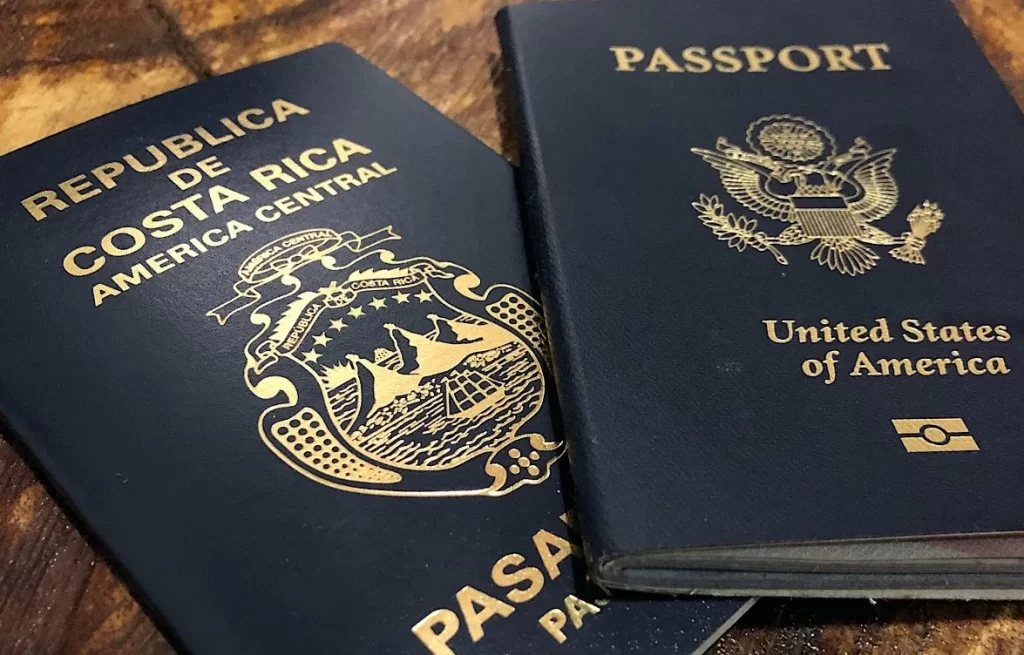The Limitations of Border Runs
Why they should not be a common practice
While border runs may provide a temporary solution for individuals seeking to extend their stay in Costa Rica, it is essential to consider the limitations and potential drawbacks associated with this practice. This essay explores why border runs should not be a common practice and the potential negative consequences they can have on individuals and the country as a whole.
Border runs may be seen as a way to circumvent the immigration system. Depending on the individual’s specific circumstances and intentions, frequent border crossings can raise legal and ethical concerns. Immigration authorities may view such practices as an abuse of the system, leading to potential consequences such as visa denials, penalties, or even being barred from re-entry.

Individuals miss out on the opportunity to fully integrate into Costa Rican society by engaging in border runs. Obtaining long-term residency or work visas allows individuals to establish deeper connections, contribute to the local community, and fully embrace the culture and lifestyle of the country. Border runs, on the other hand, perpetuate a transient status, hindering the development of a strong sense of belonging and commitment.
While border runs can contribute to tourism-related spending in the short term, relying on this practice as a common occurrence can have negative economic implications. If a significant portion of the foreign population engages in frequent border runs, it becomes challenging to ensure stable economic growth and long-term planning. Sustainable economic development requires individuals who are committed to investing in the local economy and contributing to its growth.
A high volume of individuals engaging in border runs can place a strain on the country’s infrastructure and resources. Increased border traffic, both at the land borders and airports, can lead to longer wait times, overcrowding, and additional pressure on immigration officers and facilities. This strain affects not only the efficiency of immigration processes but also the overall experience for all travelers.
Frequent border crossings without adequate screening and monitoring can pose national security risks. Without proper immigration controls, it becomes challenging for authorities to ensure the safety of citizens and residents. Border runs may inadvertently allow individuals with malicious intent or questionable backgrounds to enter and stay in the country undetected.
While border runs may offer a temporary solution for individuals seeking to extend their stay in Costa Rica, they come with limitations and potential negative consequences. The uncertainty, legal concerns, lack of integration, economic implications, strain on infrastructure, and national security concerns associated with border runs argue against them becoming a common practice. Instead, individuals should explore long-term immigration options that allow for stability, integration, and a more meaningful engagement with the country and its people.
Courtesy of ARCR
ARCR CUSTOMER SERVICE/CCSS SERVICE
Phone number: (506) 4052 4052 Ext. #121 ARCR
WhatsApp: 8320 7557 (For text messages only)
Business hours: Mon – Fri 8:00 am to 3:00 pm



